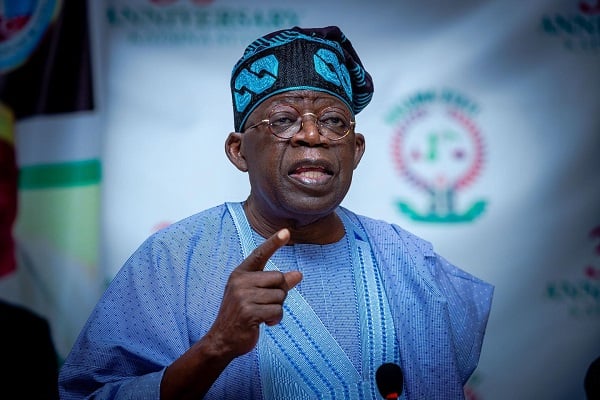/ News
Views: 471
Presidency faults World Bank’s Nigeria poverty report

A quiet storm is brewing between Nigeria’s Presidency and the World Bank over the true state of poverty in Africa’s largest economy. The latest World Bank report claims that 139 million Nigerians, nearly two-thirds of the population are living in poverty, but the Presidency insists the figure is “unrealistic” and “detached from local realities.”
Investigations reveal that the World Bank’s figure is based on a 2017 global poverty line of $2.15 per day, adjusted through the Purchasing Power Parity (PPP) model, which Nigeria’s government says does not reflect the present-day income realities or the strength of its informal economy. Presidential aide Sunday Dare argued that the benchmark translates to roughly ₦100,000 per month at current exchange rates, far above Nigeria’s new minimum wage of ₦70,000. “Clearly, this measure is an analytical construct, not a direct reflection of local income realities,” he stated.
However, the World Bank insists its data tells a grim truth. At the launch of the October 2025 Nigeria Development Update, Country Director Mathew Verghis praised Nigeria’s “bold reforms” but warned that “poverty, which began to rise in 2019, has continued to increase even after the reforms.”
According to the report, the number of poor Nigerians jumped from 87 million in 2023 to 139 million in 2025, highlighting a deepening disconnect between economic stabilization and the daily struggles of citizens.
A closer look at the World Bank’s methodology shows that its poverty estimates rely heavily on consumption data from 2018/19, meaning its conclusions may not account for the informal economic activities that sustain millions of Nigerian families. Still, economists argue that outdated data alone cannot explain the widening gap between official claims of growth and the hardship many Nigerians face, as inflation and naira depreciation continue to weaken purchasing power.
The Tinubu administration, on its part, maintains that its “Renewed Hope” reform agenda is laying a foundation for inclusive growth. It cited expanded social programmes such as Conditional Cash Transfers reaching 15 million households, the Renewed Hope Ward Development Programme, and food security initiatives as evidence that poverty reduction efforts are ongoing. “What truly matters is the trajectory,” Dare said, emphasizing that Nigeria’s economy is on a “path of recovery and reform.”
But opposition parties and labour groups are unconvinced. The Labour Party’s Tony Akeni dismissed the Presidency’s rebuttal, saying, “While the President talks about growth and reduced inflation, these are only figures on paper. They haven’t translated into any advantage for the ordinary Nigerian.” Similarly, NNPP’s Ladipo Johnson accused the government of “worsening the debt crisis” and failing to cushion the impact of its economic policies.
Further scrutiny reveals that even the government’s welfare interventions may be undermined by implementation gaps. Analysts told reporters that cash transfers and food subsidies reach only a fraction of the poor due to data inaccuracies and corruption in social registers. “If the figures are genuine, we should be seeing visible improvements in communities,” one economic researcher said.
Meanwhile, the World Bank’s acknowledgment of Nigeria’s reform efforts such as fuel subsidy removal and exchange rate unification has done little to calm public skepticism. Many citizens question how a country praised for economic recovery can still struggle with food inflation, unstable power supply, and rising unemployment. Critics say the government’s narrative of “long-term gain” is wearing thin as everyday survival grows harder.
Ultimately, the clash between the Presidency and the World Bank exposes a deeper question: Is Nigeria’s economic recovery merely statistical or truly felt by its people?. Until reforms lead to lower food prices, quality jobs, and affordable living, the debate over poverty numbers may matter less than the millions still trapped in it.